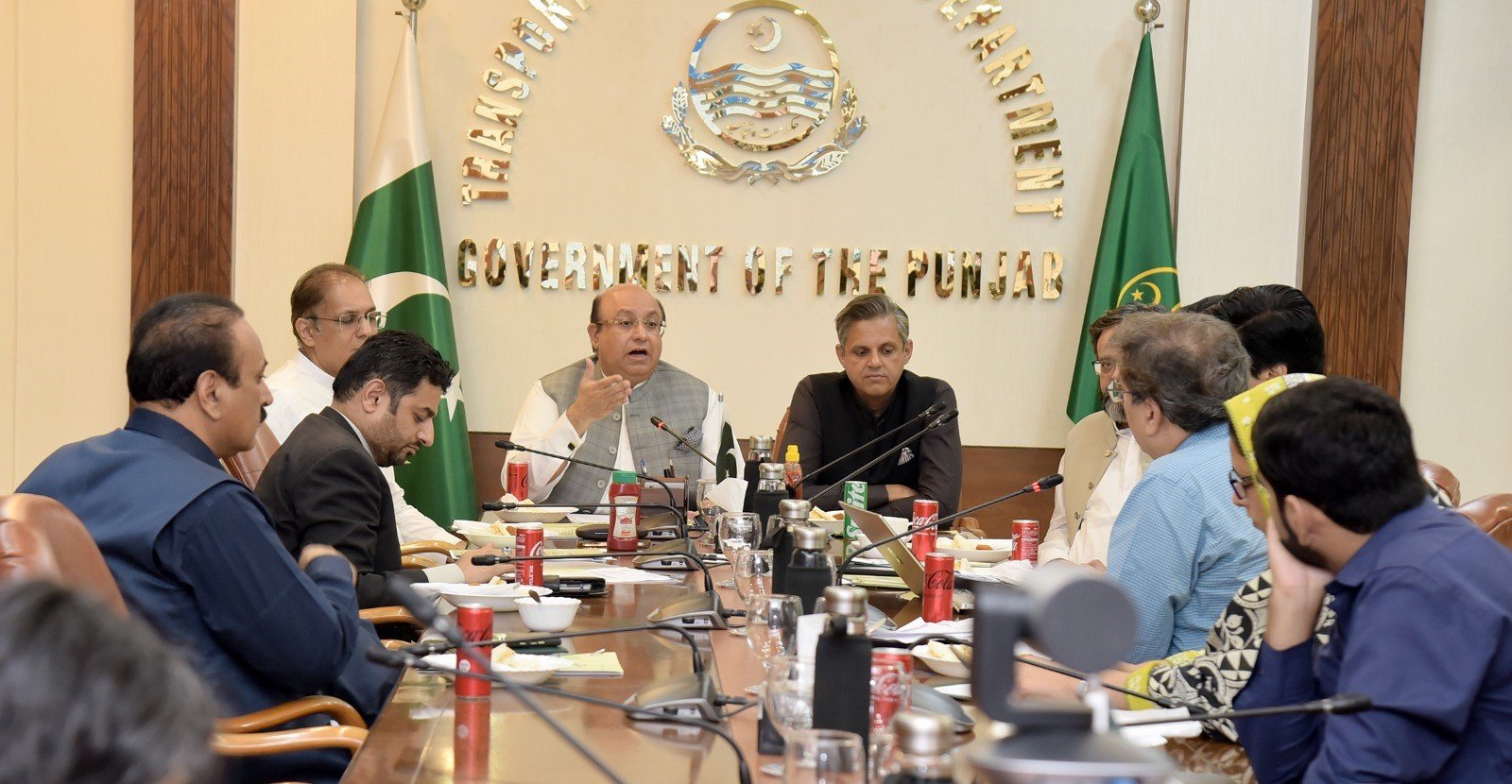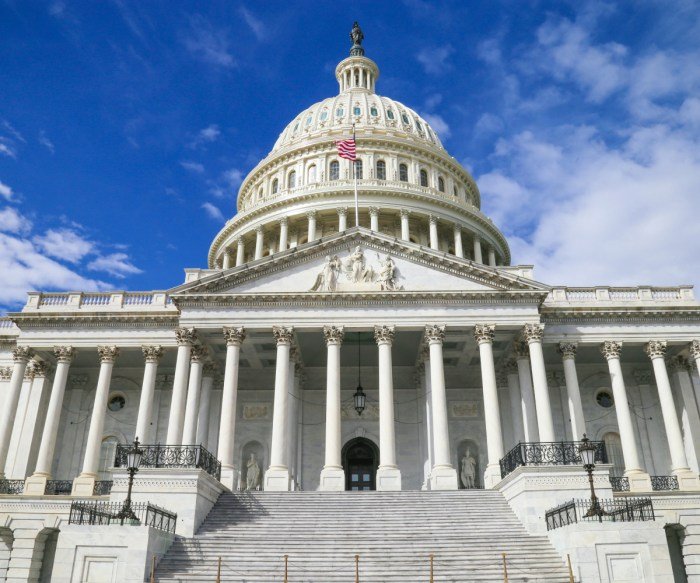Lahore — Punjab Finance Minister Mian Mujtaba Shuja-ur-Rehman chaired a high-level meeting to review proposed amendments for expanding the Vehicle Inspection and Certification System (VICS). The meeting took place at the Transport & Mass Transit Department’s Committee Room.
Currently, VICS applies only to public service and goods vehicles, which make up just 7% of Punjab’s registered fleet. Officials from the Transport Department explained that private vehicles—cars, jeeps, and motorcycles—remain outside the system. They emphasized that including private vehicles is essential to reducing smog and protecting public health.
To address this gap, the department proposed amendments to the Provincial Motor Vehicles Rules 1969. These changes would link fitness certificates with registration, transfer, and sale of vehicles. As a result, only roadworthy vehicles would operate across Punjab.
Finance Minister Shuja-ur-Rehman stressed the importance of vehicle fitness for environmental safety and accident prevention. He said the initiative supports Chief Minister Maryam Nawaz Sharif’s vision for clean air and green mobility. Furthermore, he directed the Excise & Taxation Department to present complete data on registered vehicles at the next meeting.
After reviewing the data, the government will submit the amendments to the Provincial Cabinet for approval. The minister also highlighted the need to assess the financial impact, especially for low-income vehicle owners.
Transport Minister Bilal Akbar Khan clarified that the expansion of VICS does not target livelihoods. Instead, it aims to control pollution by ensuring vehicles meet safety standards. Additionally, he announced public awareness campaigns to educate vehicle owners about the new requirements and long-term benefits.
In conclusion, officials agreed on the urgency of reform. Expanding the Vehicle Inspection and Certification System will help build a safer, cleaner, and internationally compliant transport system in Punjab. Moreover, they stressed the need to address challenges such as outdated vehicle fleets, unregulated emissions, and a lack of public awareness about maintenance standards. These issues continue to impact road safety and environmental health, making regulatory enforcement and citizen engagement essential for long-term success.









